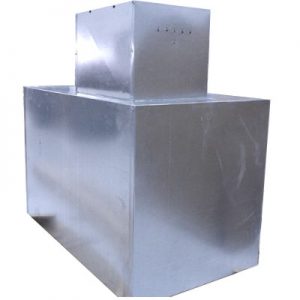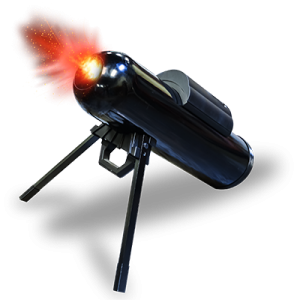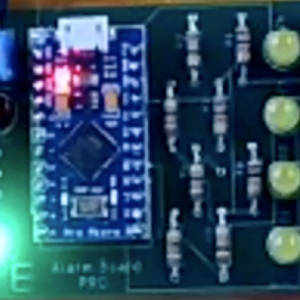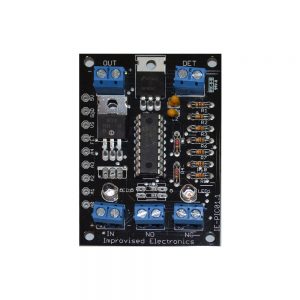Sale!
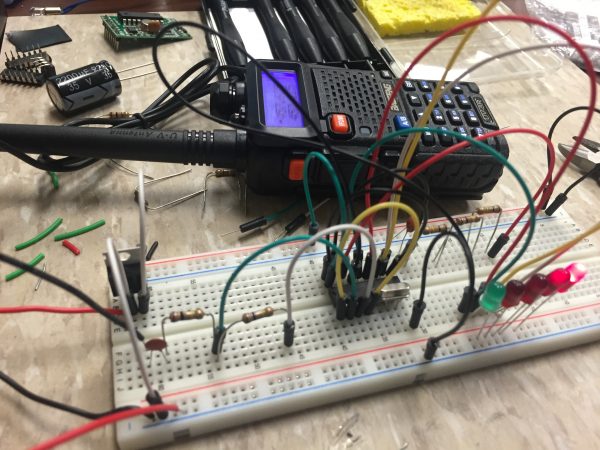
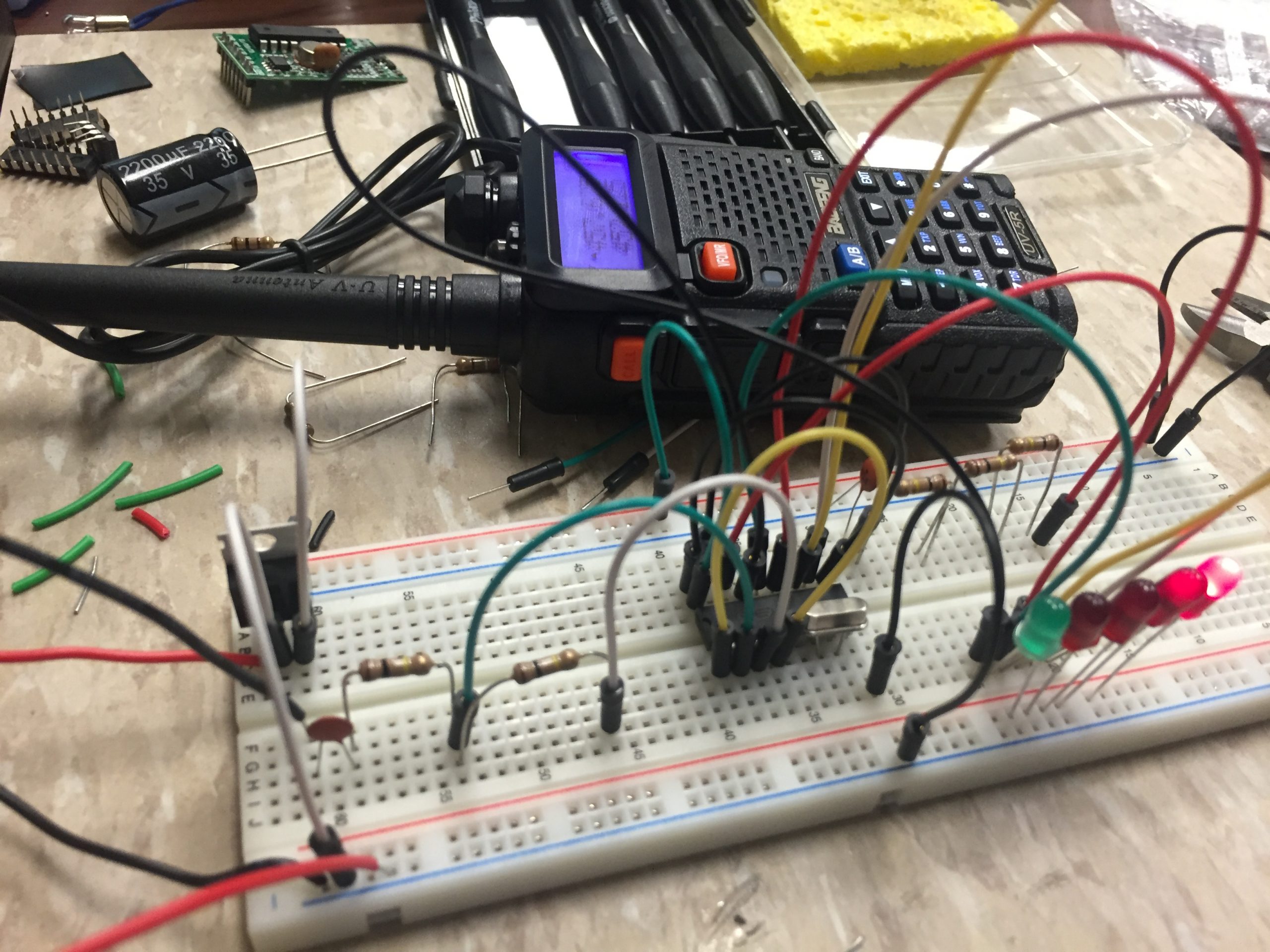
Advanced IED Electronics
Original price was: $33,000.00.$24,999.00Current price is: $24,999.00.
Description
Advanced training course for experienced technicians covering complex electronic systems and advanced diagnostic techniques. Builds upon fundamental knowledge with real-world applications.
Advanced Topics:
- Complex circuit analysis
- Advanced troubleshooting methods
- Microcontroller systems
- Digital electronics
- Advanced lab projects
Prerequisites: Basic IED Electronics or equivalent experience.
